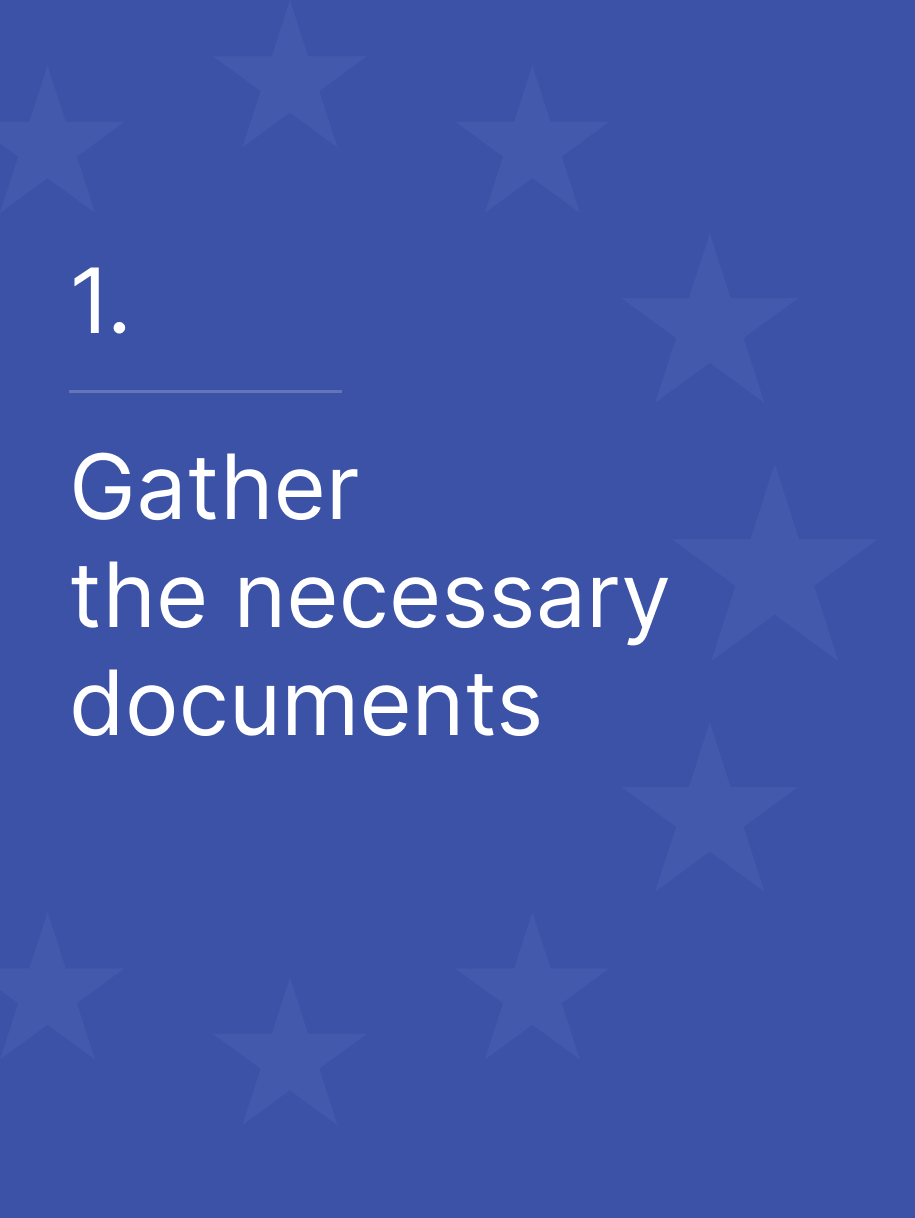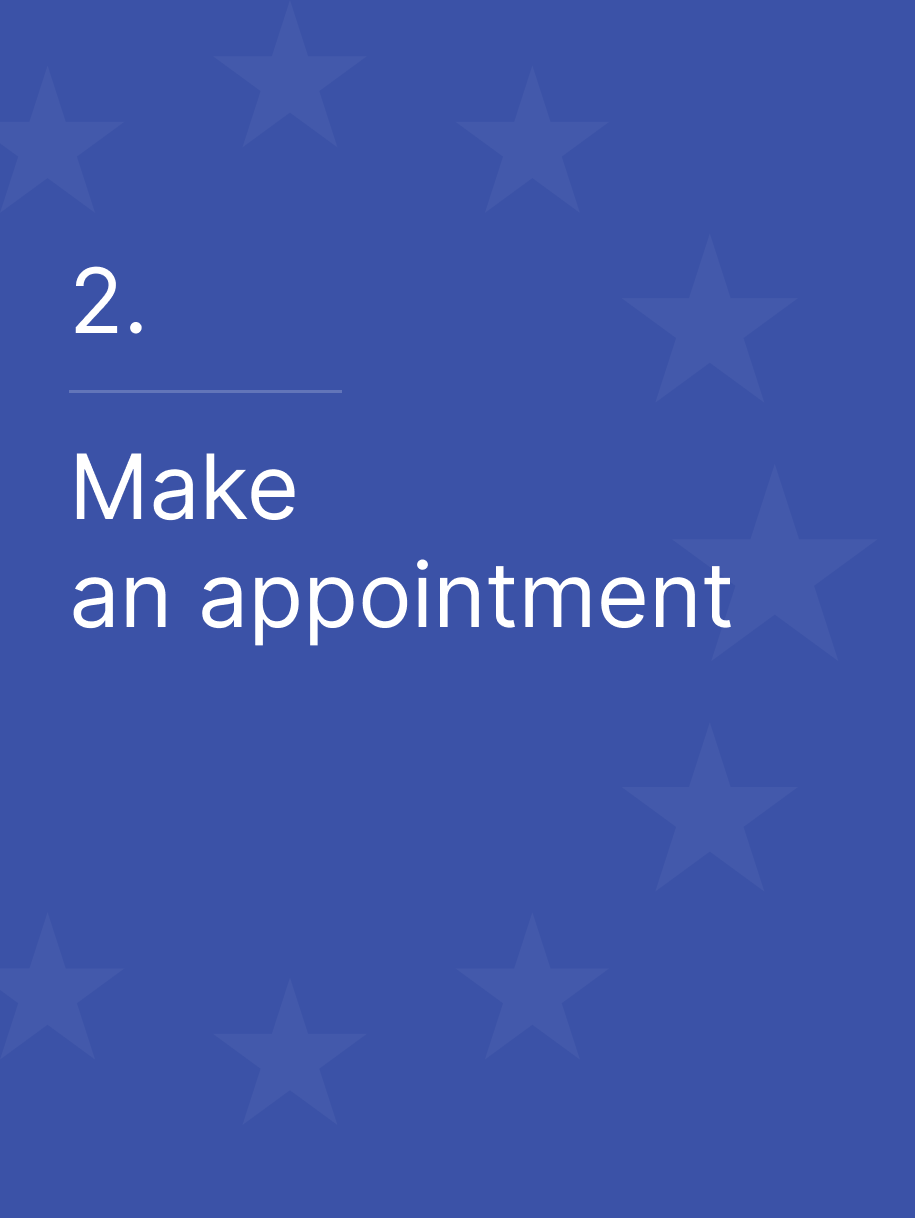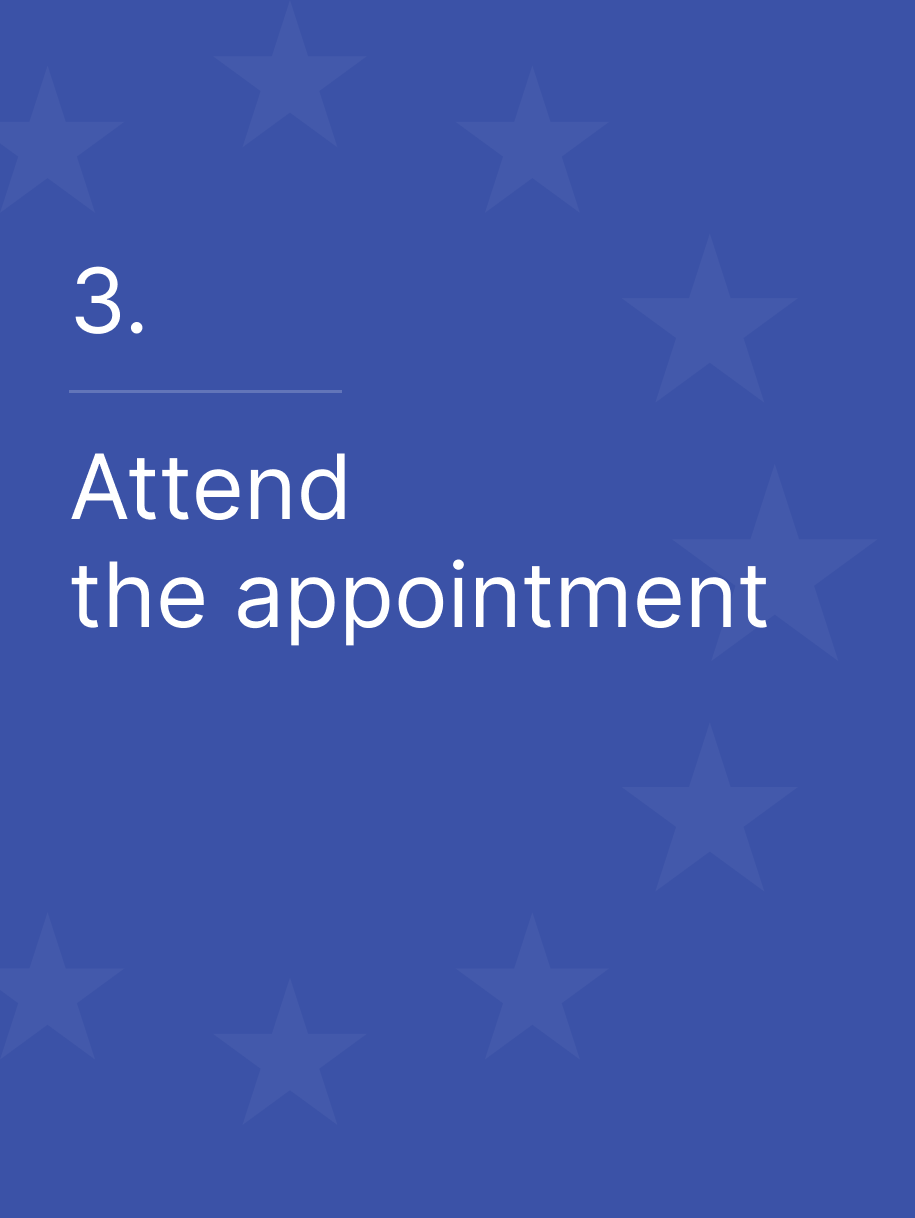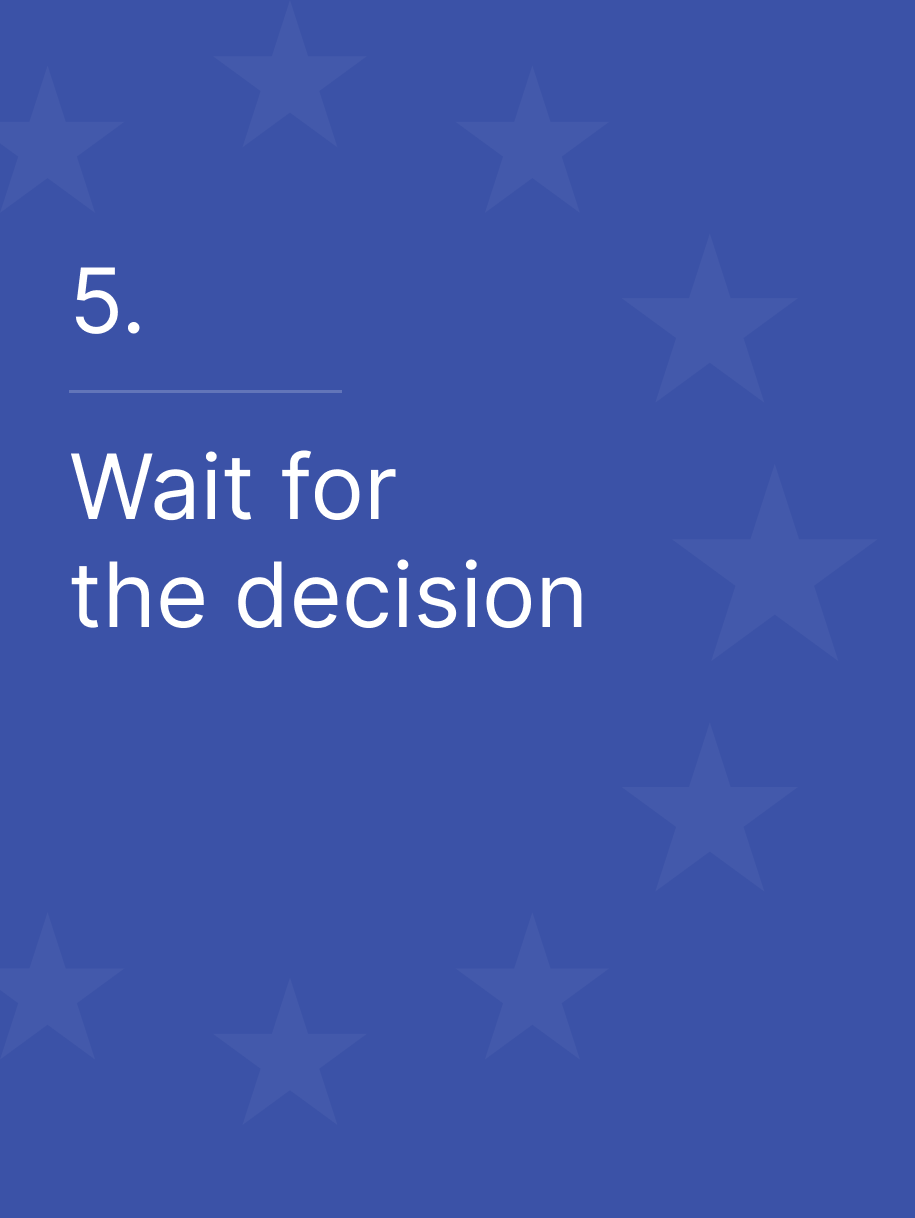Содержание Show
The Belgium Schengen visa allows foreign nationals a short-term stay in the country and travel within the Schengen Area. While not everyone requires this visa, understanding the application process and requirements is crucial for those who do.
In this article, learn about the Belgian Schengen visa, from its various types and fees to essential documents.
What is a Belgium Schengen visa?
The Belgium Schengen visa is a short-term visa that allows foreign nationals to visit and stay in Belgium for up to 90 days per 180 days. It lets its holder travel freely within the Schengen area since Belgium is one of the 29 Schengen countries.
The Schengen visa is typically issued for tourism, business, family visits, or cultural events. It does not grant the right to work or study in Belgium or any other Schengen country long-term. It can be single-entry for a one-time visit or multiple-entry, allowing multiple visits within the visa’s validity period.

Who can apply for a Schengen visa at the Belgian embassy, consulate, or VAC?
Not everyone needs a Schengen visa to enter Belgium. If you are a citizen of Schengen, the EU, or a country with a visa agreement with the Schengen area, e.g., the US or Canada, you do not need any visa for airport transit or short tourist or business trips to Belgium.
Nationals from countries not on the visa-exempt list must apply for a Schengen visa if they wish to stay in Belgium for no longer than 3 months every half a year. If someone wishes to stay in Belgium for more than 90 days, they must apply for a long-stay visa or a residence permit, even if their country has a visa agreement with Schengen.
Types of Belgium Schengen visas
If you’re planning to visit Belgium, it is important to understand the different types of Belgian Schengen visas. Here are some of the most common types of Schengen visas issued by Belgium:
Airport Transit visa lets you transit through international zones at airports without actually entering Belgium. It is required when you have connecting flights within Schengen countries.
Tourist visa is for individuals who plan to visit Belgium for tourism, leisure, or to visit friends and family.
Business visa is for people who intend to attend business meetings, discussions, conferences, seminars, or other business-related activities.
Study Visa is for students travelling to Belgium for short-term courses, workshops, or seminars. It allows them to stay in Belgium for the duration of their study program.
Medical visa is issued if you need to travel to Belgium for medical treatment or to accompany a family member receiving medical treatment.
Family Reunion visa is for individuals who wish to join their family members who are legal residents or citizens of Belgium. It is typically issued to spouses, children, or immediate family members.
Cultural, sports, or religious event visa is for travellers attending cultural events, sports competitions, or religious events in Belgium.
Long-term national visa (Type D visa) is needed if you plan to stay in Belgium for an extended period, such as for work, study, or family reunification. This type of visa allows for stays exceeding 90 days.
When applying for any of these visas, it is essential to provide documentation corresponding to the chosen visa type.
Required documents for Belgium Schengen visa
To get a Belgian Schengen visa, you will need to prepare a set of documents to support your application. These serve as evidence of your identity, intent, and financial stability during the application process:
- completed and signed Schengen visa application form for Belgium;
- two recent photos in a passport format;
- your passport that has at least two blank pages and is valid for at least three months beyond your intended stay in the Schengen zone;
- travel medical insurance with a minimum coverage of €30,000 and valid in all Schengen countries;
- proof of accommodation, such as hotel reservations or a letter of invitation if you plan to stay with a host;
- cover letter explaining the purpose of your visit to Belgium and the Schengen area;
- travel Itinerary, including flight reservations, accommodation bookings, and a rough outline of your planned activities in Belgium;
- proof of financial means, like bank statements, proof of income, or a letter of sponsorship;
- proof of paid visa fee.
Depending on the purpose of your trip, you might need additional documents, such as:
- tourism: detailed itinerary, hotel reservations;
- business: an invitation from a Belgian company, trade records;
- visiting family or friends: invitation letter from the host, host’s passport copy;
- study: acceptance letter from an educational institution, course details;
- medical visit: medical reports, appointment details, payment receipts.
If a minor is travelling, additional documents like birth certificates, parental consent, parents’ passport copies, and custody documents might be needed.
Remember, regardless of age, each traveller needs a separate application form completed on their behalf. Here is how you can apply for your Belgium Schengen Visa today.
Belgium Schengen visa application process
If you are planning to visit Belgium for a short stay and you are a citizen of a country that needs a Schengen visa, follow these steps to apply for a Belgium Schengen visa:
-
Gather the necessary documents
Check the website of the Belgian embassy or consulate in your country for a list of required documents specific to your visa category and nationality, then collect them.
-
Make an appointment
Book an appointment for your visa application submission at the Belgian consulate, embassy or visa centre in your country of residence.
-
Attend the appointment
Sign up for your appointment and submit your application and all accompanying documents. You might undergo a personal interview. Your biometric data, like fingerprints, will also be collected if it is your first time applying for a Schengen visa.
-
Pay the visa fee
The general fee for a short-stay Schengen visa is €80 for adults and €40 for children aged 6—12. Fees can vary based on age, nationality, and other factors. This fee is usually non-refundable, even if the visa is denied.
-
Wait for the decision
The decision for a Schengen visa is generally made within 15 calendar days from the application date. However, this can sometimes extend up to 30 days or more.
-
Receive the visa
Collect your visa from the Belgium consulate, embassy, or visa centre. If approved, you will find a Schengen visa sticker in your passport.
Belgium Schengen visa fees and processing time
Before applying for a Schengen visa, research the associated processing times and fees. It is crucial because these aspects vary depending on factors like nationality or type of visa.
The visa application fee varies depending on the type of visa you apply for, but it is important to remember that this fee is non-refundable. For adults, it typically falls around €80, while children aged six to twelve are charged €40, and children younger than that are exempt from visa fees.
Some categories of applicants may benefit from a reduced fee or may be exempted from the fee altogether, such as students attending seminars, students on cultural/exchange programs, or researchers.
The standard processing time for a Belgium Schengen visa is 15 calendar days from the submission date. However, in specific cases or during peak seasons, this can extend:
- up to 30 calendar days if further examination of the application is necessary;
- up to 60 calendar days in more complex cases.
Applying well ahead of your planned departure date is always a good idea to account for any possible delays.
How to extend a Schengen visa for Belgium
Extending a Schengen visa is generally only possible in exceptional cases, and the reasons for requesting an extension must be serious and unavoidable. You can only extend a Schengen visa while in Belgium in the following circumstances:
- force majeure — unforeseen and uncontrollable events;
- humanitarian reasons, such as sudden severe illness or a family emergency;
- serious personal reasons, which will be evaluated on a case-by-case basis.
Make sure to apply for the extension before your current Schengen visa expires. Prepare a package of documents that support your request for an extension, submit your application for a visa extension to the local immigration office in Belgium and pay an application fee.
If your extension is granted, abide by the conditions of the extended visa. If your application is denied, you must leave the Schengen Area before your current visa expires to avoid penalties. Staying beyond the validity of your visa without an approved extension can lead to fines, deportation, and bans from re-entering the Schengen Area.
Key points about Belgium Schengen visa
- The Belgium Schengen visa is a short-term permit allowing foreigners to visit Belgium and travel within the Schengen Area for up to 90 days in a 180-day period.
- This visa is designed for tourism, business, family visits, airport transit, and medical treatment.
- Although not everyone requires this visa, those from non-exempt countries should follow the structured application process, which includes preparing necessary documents, attending a scheduled appointment, and paying the visa fee.
- The processing time is usually 15 calendar days, but exceptions may extend this up to 60 days. The typical visa fee is €80 for adults and €40 for children aged 6—12.
- Extending the Schengen visa in Belgium is only permitted under exceptional circumstances, and overstaying without an extension can result in serious consequences.
Frequently Asked Questions
Does Belgium accept a Schengen visa?
Yes, Belgium is part of the Schengen Area. So, a valid Schengen visa allows travel to and within Belgium.
How do I get a Belgium Schengen visa?
To get a Belgium Schengen visa, apply at the nearest Belgian consulate or embassy, submit the required documents, attend a visa appointment, pay the fee, and await a decision.
Where do I apply for a Belgium Schengen visa?
You should apply at the Belgian embassy, consulate, or visa centre located in your country of residence. If Belgium does not have an embassy or consulate in your country, another Schengen member state might represent Belgium for visa issuance.
Do I need a visa for Belgium from the USA?
No, US citizens can enter Belgium without a visa for stays up to 90 days. But trips longer than that require one.
What is the difference between Belgian visas and Schengen visas?
The key difference is the area of validity. A Belgian national visa lets you stay only in Belgium, while with the Schengen one, you can travel within the entire Schengen area. Belgium national visa, or Type D visa, also allows stays longer than 90 days.










